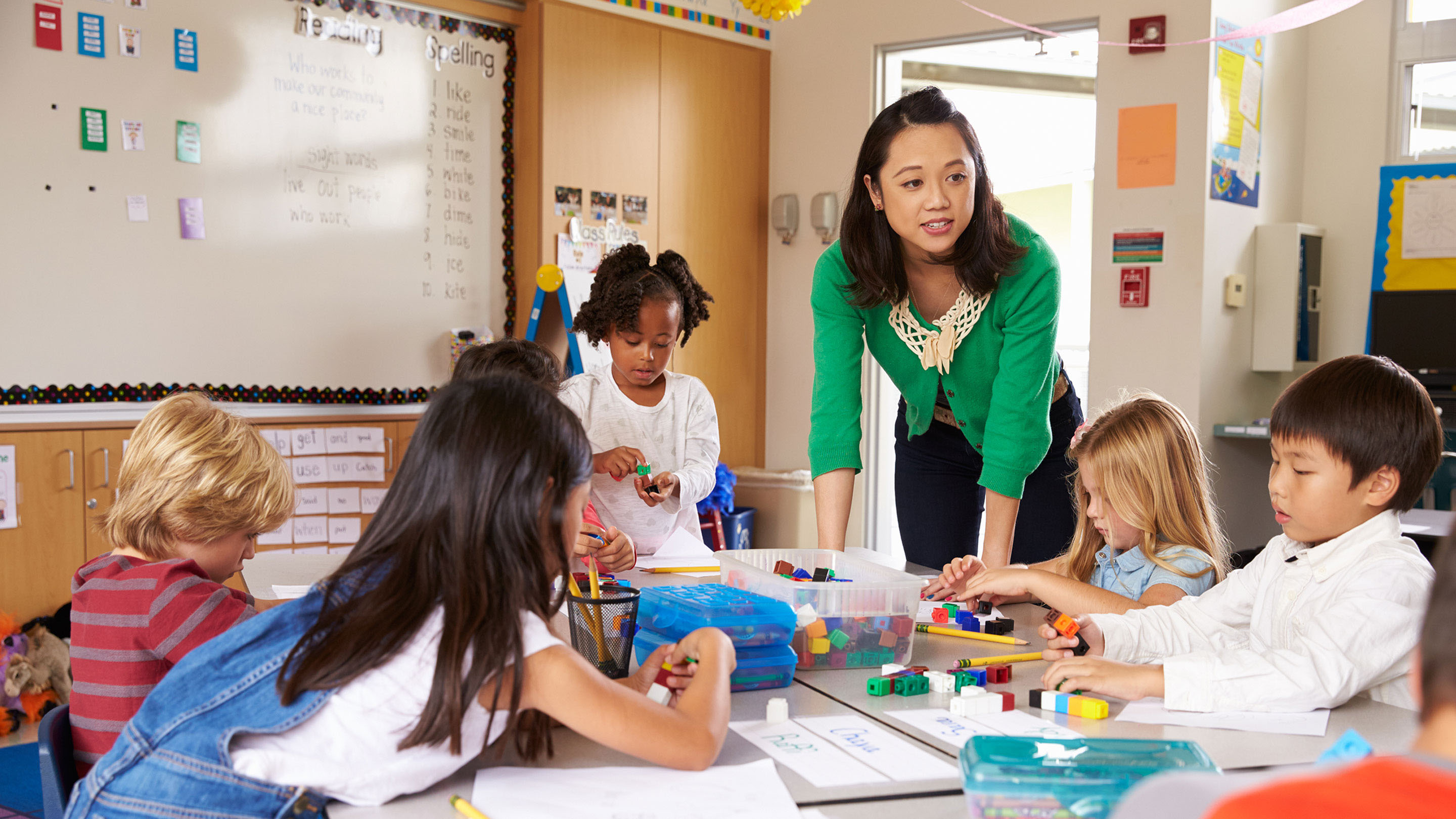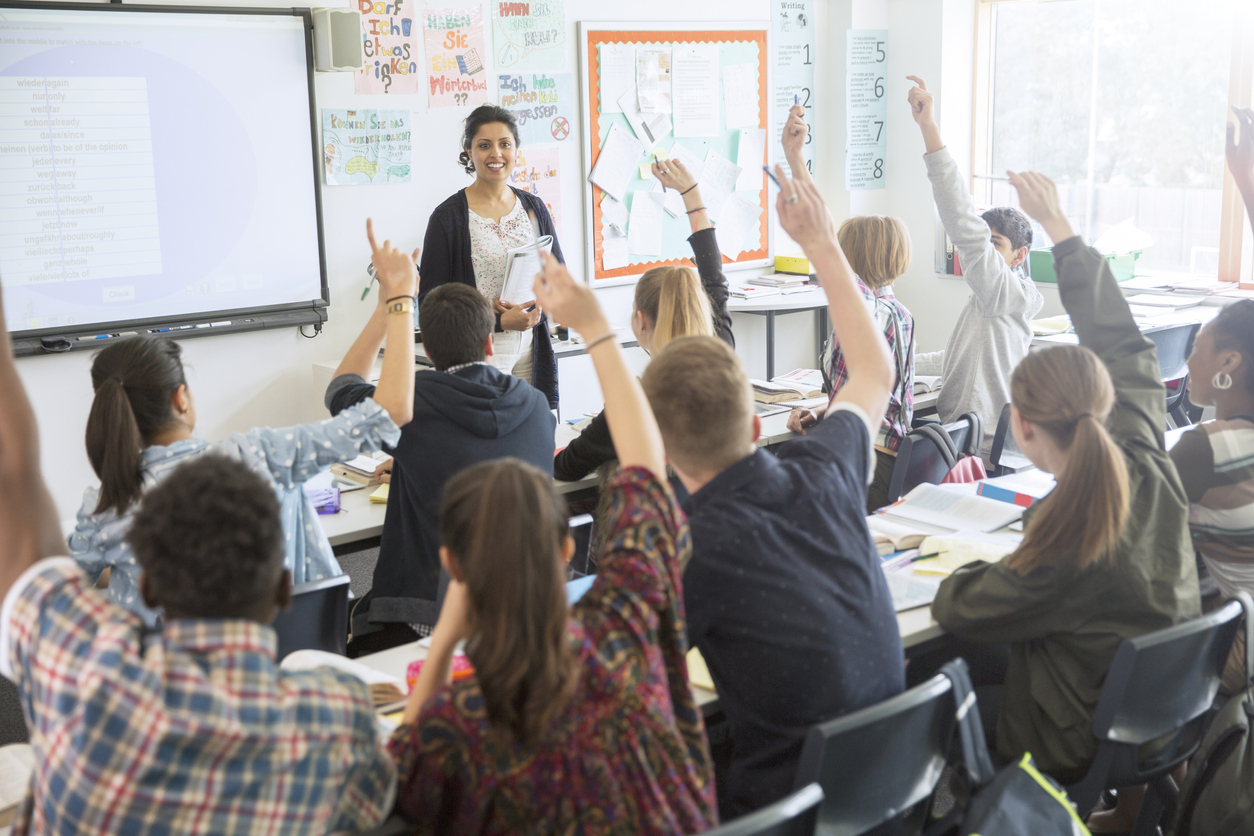Achieve Academic Success with Primary Science Tuition Singapore
Achieve Academic Success with Primary Science Tuition Singapore
Blog Article
Checking Out the Different Teaching Strategies in Key Scientific Research Education Today
Inquiry-based discovering, hands-on experiments, and the integration of innovation are redefining just how teachers engage young minds. Furthermore, collaborative strategies and separated guideline are being used to provide to the varied needs of students, boosting both interaction and understanding.
Inquiry-Based Discovering
Inquiry-Based Knowing (IBL) is a pedagogical strategy that encourages trainees to check out clinical concepts with questioning, examination, and hands-on trial and error. This approach highlights the role of pupils as active individuals in their discovering, promoting crucial thinking and analytical abilities. By engaging with real-world questions, pupils come to be interested and inspired, which enhances their understanding of clinical principles.
In IBL, instructors work as facilitators, guiding students as they browse their queries as opposed to supplying info straight. This student-centered technique permits differentiation, suiting various discovering speeds and styles. Trainees develop skills in creating hypotheses, making experiments, and assessing data, which are essential for scientific literacy.
Additionally, IBL promotes collaboration amongst pupils, urging them to share concepts and findings. This collective inquiry advertises social abilities and a feeling of area within the classroom. Additionally, the process of query motivates durability, as pupils discover to accept failure as a tipping stone toward understanding.
Hands-On Experiments
Hands-on experiments are an essential part of effective scientific research education, complementing the concepts of inquiry-based discovering. These experiments allow pupils to involve straight with scientific concepts, cultivating a deeper understanding through experiential understanding. By controling products and observing end results, young learners can understand abstract theories in substantial methods.
Such activities advertise important reasoning and analytical abilities, as trainees assume end results, conduct experiments, and evaluate results. This process urges them to ask inquiries, improve their understanding, and create a scientific frame of mind. Hands-on experiments can be customized to diverse discovering designs, making certain that all pupils have the possibility to involve meaningfully with the web content.
In addition, hands-on experiments frequently encourage partnership among peers, promoting teamwork and communication skills. Operating in groups enables trainees to share concepts, discuss findings, and gain from each other, which improves their overall instructional experience.
Including hands-on experiments into the main science curriculum not just enriches the discovering environment however additionally grows a long-lasting passion in science. By proactively joining their education and learning, pupils are more probable to create an enthusiasm for clinical query that expands past the class.

Innovation Integration
Integrating technology right into primary scientific research education has actually come to be increasingly important in fostering student involvement and enhancing finding out results. Making use of electronic devices, such as interactive simulations, digital labs, and educational software program, provides students with opportunities to discover clinical ideas in cutting-edge ways. These resources help with a much deeper understanding of complex subjects by permitting students to imagine and adjust variables that would be not practical in a typical classroom setup.
In addition, innovation integration motivates individualized discovering experiences. Students can progress at their own rate, revisiting challenging principles via multimedia resources, which deal with different understanding designs. This flexibility not just sustains specific growth yet also grows a feeling of autonomy in learners.
In addition, technology acts as a bridge to real-world science, linking students with current research study and expert payments. Access to scientific journals and on-line data sources widens students' point of views on scientific inquiry and fosters vital believing abilities.
Collaborative Knowing
Collaborative discovering plays an essential duty in key scientific research education and learning by promoting team effort and communication abilities among trainees. This approach encourages students to collaborate, share expertise, and about his involve in analytic, which boosts their understanding of scientific ideas. By getting involved in group activities, read this post here trainees learn to verbalize their ideas, pay attention to diverse viewpoints, and bargain services, all of which are necessary abilities in both academic and real-world contexts.
Study suggests that collective understanding can cause enhanced motivation and interaction in scientific research subjects, as trainees find pleasure in shared experiences (primary science tuition Singapore). Furthermore, this technique prepares trainees for future joint endeavors, furnishing them with the abilities required for reliable synergy in greater education and specialist environments. Inevitably, welcoming collaborative learning in key science education can considerably improve the discovering experience and promote a deeper understanding of clinical inquiry
Distinguished Instruction

Distinguished instruction can materialize in various ways, such as differing the content, processes, or items of discovering. Teachers might make use of tiered projects that give varying levels of complexity, allowing trainees to work at their respective preparedness degrees. Furthermore, flexible organizing strategies can facilitate partnership amongst trainees with different capabilities, cultivating peer discovering.
Assessment plays an important function in this technique, as it notifies instruction and helps teachers comprehend each pupil's special needs. Formative assessments, such as monitorings and quizzes, can guide educators in readjusting their techniques to enhance discovering outcomes. primary science tuition Singapore. Eventually, by executing distinguished guideline in main scientific research education and learning, instructors can grow an extra equitable and effective understanding environment, encouraging all students to reach their complete possibility in comprehending scientific phenomena
Final Thought
In summary, the diverse mentor approaches in primary scientific research education and learning, including inquiry-based knowing, hands-on experiments, technology combination, collective learning, and set apart guideline, jointly add to an extra effective understanding setting. These methods promote critical reasoning, analytic skills, and a much deeper understanding of clinical ideas. By carrying out these approaches, teachers can produce encouraging visit this web-site and interesting classrooms that resolve the varied requirements of pupils, eventually fostering a lifelong interest in scientific research and enhancing scholastic accomplishment.
Inquiry-Based Discovering (IBL) is a pedagogical technique that motivates students to check out scientific principles through questioning, examination, and hands-on testing.Joint learning plays a vital function in key scientific research education and learning by cultivating synergy and interaction abilities amongst students.Research indicates that joint discovering can lead to increased inspiration and engagement in science topics, as pupils discover satisfaction in shared experiences.In fostering an inclusive understanding environment, differentiated guideline arises as an essential technique to accommodate the diverse needs and abilities of pupils in main science education. Ultimately, by implementing differentiated instruction in primary scientific research education and learning, educators can cultivate a much more equitable and efficient discovering atmosphere, equipping all pupils to reach their full potential in understanding scientific sensations.
Report this page